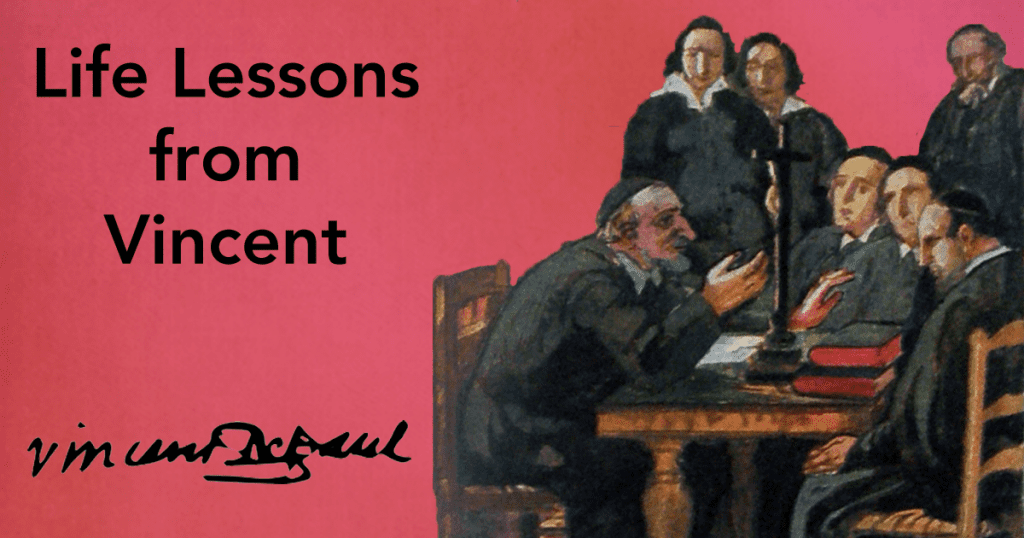 Few visitors to the Internet have not read about Pope Francis telling priests to “be shepherds with the smell of sheep.”
Few visitors to the Internet have not read about Pope Francis telling priests to “be shepherds with the smell of sheep.”
“The priest who seldom goes out of himself … misses out on the best of our people, on what can stir the depths of his priestly heart. … This is precisely the reason why some priests grow dissatisfied, lose heart and become in a sense collectors of antiquities or novelties — instead of being shepherds living with ‘the smell of the sheep.’ This is what I am asking you — be shepherds with the smell of sheep.” —Pope Francis’ address to the world’s priests at the Chrism Mass on Holy Thursday March 28, 2013
He said pretty much the same when he spoke with theologians. “Do not settle for a theology of the desk. Your place for reflection are the boundaries.”
“And do not fall into the temptation to paint over them, to perfume them, to adjust them a bit and tame them,” Francis writes. “The good theologians, like the good shepherds, smell of the people and of the road and, with their reflection, pour oil and wine on the wounds of humankind.”
Theology may be an expression of a Church which is a ‘field hospital,’ which lives its mission of salvation and healing in the world,” he continues. “Mercy is not just a pastoral attitude but it is the very same substance of the Gospel of Jesus.”
“Without mercy our theology, our law, our pastoral care runs the risk of collapse into bureaucratic pettiness or ideology, which of itself wants to tame the mystery,” the pope says. “Understanding theology is to understand God, who is love.”
Just a few months ago not to far from where I write this in Philadelphia he told Bishops much the same only in slightly different words.
A pastor remains vigilant by helping people to lift their gaze at times of discouragement, frustration and failure. We might well ask whether in our pastoral ministry we are ready to “waste” time with families. Whether we are ready to be present to them, sharing their difficulties and joys. September 23, 2013
Is it a stretch to think that he would say something similar to all Vincentians?
J. Patrick Murphy observes in “Mr. Vincent.” that Vincent lived with the nobility (the De Gondls) but ate with the servants.
He suggests this lesson for us.
Lesson: Humility and simplicity always work well with people.







A very on-the-money compilation